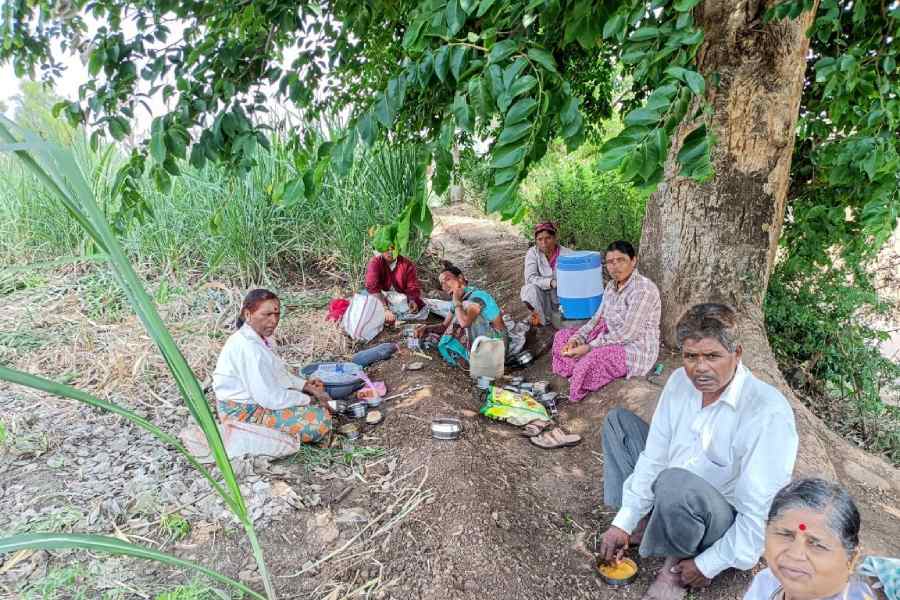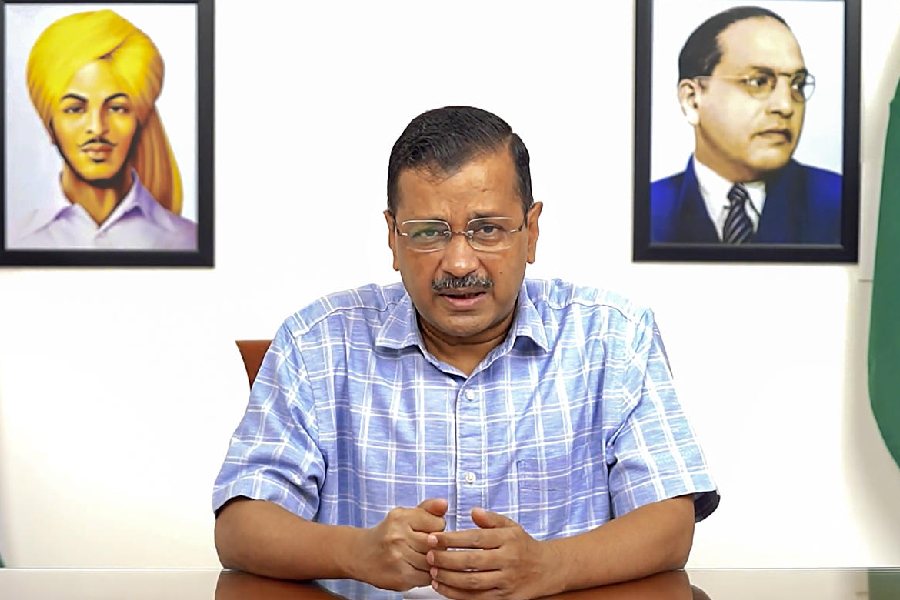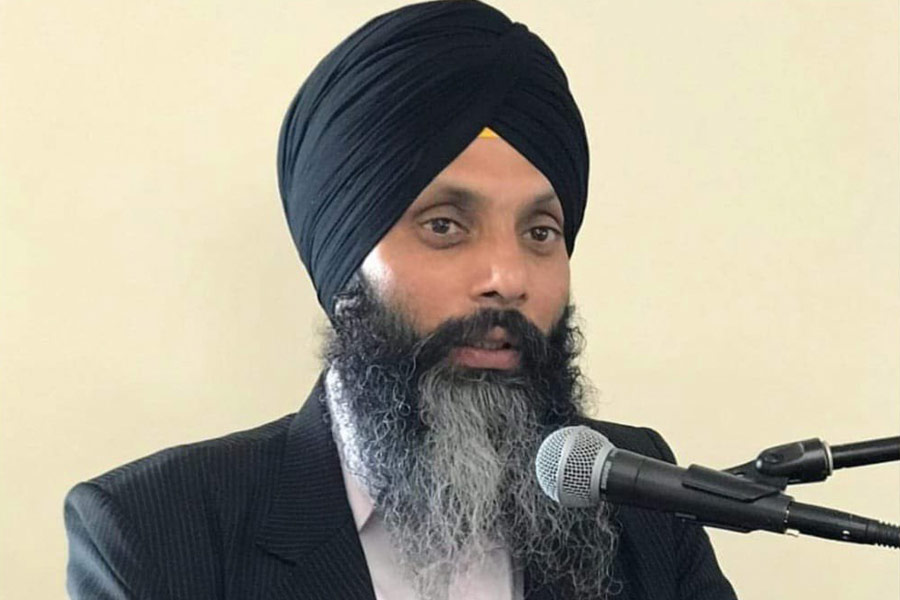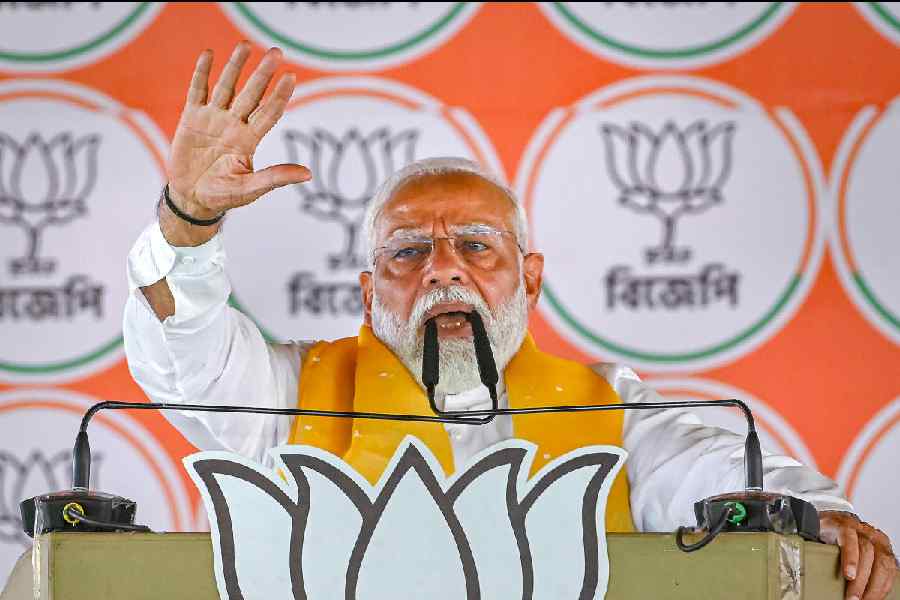Google for Startups Accelerator: Circular Economy is a 10-week virtual programme for seed-to-Series A technology startups and non-profit organisations based in North America and Asia-Pacific. It’s meant to help innovators working to realise a future without waste. We spoke to the founders of Ishitva Robotic Systems and Relove about their journey and how the accelerator programme has helped them.
Relove
The founders: Kirti Poonia and Prateek Gupte
The startup….
Relove powers fashion brands with technology to enable resale and liquidate damaged inventory. By going circular, brands are able to acquire new customers and build deep customer loyalty and become more sustainable by extending the life of items and diverting them from landfills.
Relove is a technology product that enables brands to host a peer to peer resale marketplace on their websites. It allows them to build a novel business model that will keep their clothes in circulation and hold resale value like a car does, year after year.
With the Relove app installed, a brand’s customer can resell their past purchases. This is done directly from the customer’s account on the brand’s website; now with a resell button to click, which allows the customers to resell their wardrobe with the brand. The app calculates the resale value of the product using machine learning based on several available data points.
Help from Google for Startups Accelerator….
Relove has been working on AI technologies to improve images of resold items. The accelerator helped Relove access some of the most knowledgeable mentors in the industry and this helped us carve our path forward. What we loved the most about the programme is that it was tailored to the requirements and stages of each company and was not a generic same for all programmes. One of the sessions on user behaviour data helped us understand the motivation of customers to buy preloved, we utilised the insights from the session to change our messaging on social media and it helped us reach four million people in just one month.
Starting point for Relove….
When I (Kirti Poonia) was a kid I wanted to work in fashion. In the last seven years, I built a fashion brand that became one of India’s largest platforms for artisans. While in conversation with one of the customers she mentioned how she went from size XS to XL and so many clothes lying around unused.
I realised how much pressure fashion is creating on the earth’s resources, and on the other hand, my customers had so many unused garments. Most of us wear only 20 per cent of the garments 80 per cent of the time mostly because of size and style changes.
I discussed this underutilisation with Prateek and he suggested that we build technology to normalise the reuse of garments. So we built Relove to embed a resell button in the customer’s order history and in just one and half years — 60 fashion brands have gone circular and built deep customer loyalty using our tech.
The business model….
Relove has two main business models: ‘Relove’, a peer-to-peer resale programme for branded resale, and ‘Rescue’, helping brands resell their damaged or deadstock inventory.
In the Relove model, all stakeholders benefit, the sellers earn from selling something they are not using, the brands make a profit on something they previously manufactured, and the planet benefits through a reduction in carbon emissions. In the Rescue model, which involves a digital factory outlet to sell damaged inventory, the brands are able to convert dead stock and damaged returns that hurt their businesses into additional revenue.
India and the buy-back economy….
As per a 2019 report by analytics firm Global Data and online store Thredup, the global second-hand apparel market is expected to grow 3X faster than the global apparel market overall. This says a lot about the rising interest and awareness surrounding preloved fashion in India. The rise of multiple resale businesses along with thriving Facebook marketplaces is proof of the rise of the resale market in India. So far, the acceptance that our community has shown to Relove has been amazing. We are very hopeful that it will keep growing because of the growing awareness of circularity.
Ishitva Robotic Systems
The founders: Sandip Singh and Jitesh Dadlani
The startup….
Ishitva Robotics Systems aims at solving real-world problems of waste by building efficient solutions based on industry 4.0 tools, including artificial intelligence machine learning, and Internet of Things (IoT). Effective sorting of the waste is currently the weakest link in creating a circular value chain. To avoid dumping and burning of dry waste, we particularly focus on creating an effective and efficient sorting system to improve both the quantity as well as quality of recycling activities.
Milestones hit….
Our journey started in 2018 and we are very proud to mention that we are the first company that built an artificial intelligence-based sorting solution with the ability to process post-consumer waste at a very high speed. The development of this high-throughput solution (throughput is a measure of how many units of information a system can process in a given amount of time) was a critical step in our mission to address the mounting challenge of waste management in our cities.
We have established India’s first-ever innovation centre, a dedicated R&D facility focused on developing cutting-edge technologies to tackle the multifaceted challenges encountered within the waste management industry.
Connecting with companies and people….
We are a technology and machinery provider for waste management companies. While our direct interactions may not involve people and communities, our role is far from passive. We see ourselves as catalysts in the grand scheme of waste management, where our contribution is critical.
Our mission is to enable creation of a seamless circular value chain for waste. When collected waste is effectively recovered, it paves the way for recyclers to produce high-quality recycled materials. This, in turn, creates an environment where brands and industries can readily adopt these recycled materials, thereby increasing the demand for more recycled resources. It’s a virtuous cycle, and we play a pivotal role in making it all possible.
In essence, our efforts are instrumental in creating the circular value chain that transforms the way we manage waste and shapes a more sustainable future.
AI tools to the rescue….
The waste industry has faced significant challenges when it comes to adopting automation. The existing reflection sensor technologies have fallen short in addressing the complexities encountered by the industry. They’ve grappled with the identification and separation of various materials, including black objects, items with sleeves, dirt-contaminated items, multilayer objects, and even determining the prior use of items, among other issues.
With AI-powered sorting solutions, we’ve not only improved the accuracy and cost-effectiveness of material identification but have also introduced a powerful layer of information into the sorting process. This includes valuable data for brand-specific tracing and sorting.
Our Netra Vision System is trained with billions of images of post-consumer waste, captured in real-time scenarios on high-speed conveyors. This Vision System essentially serves as the brain and eyes of our SUKA Air Sorters. These SUKA Air Sorters are equipped with high-speed pneumatic technology, enabling them to segregate recyclables at a speed of eight tons per hour in a single machine.
Help from Google for Startups Accelerator….
Google Accelerator programme opened doors for us to connect with seasoned professionals and industry leaders, gaining valuable guidance that played a pivotal role in shaping our growth strategy. It has been helpful in defining a robust framework for scaling Ishitva and establishing a global presence. The programme also provided a platform for us to be recognised by key stakeholders in the value chain. It’s not just about growth; it’s about building meaningful connections and gaining the acknowledgment of those who matter in our industry.










